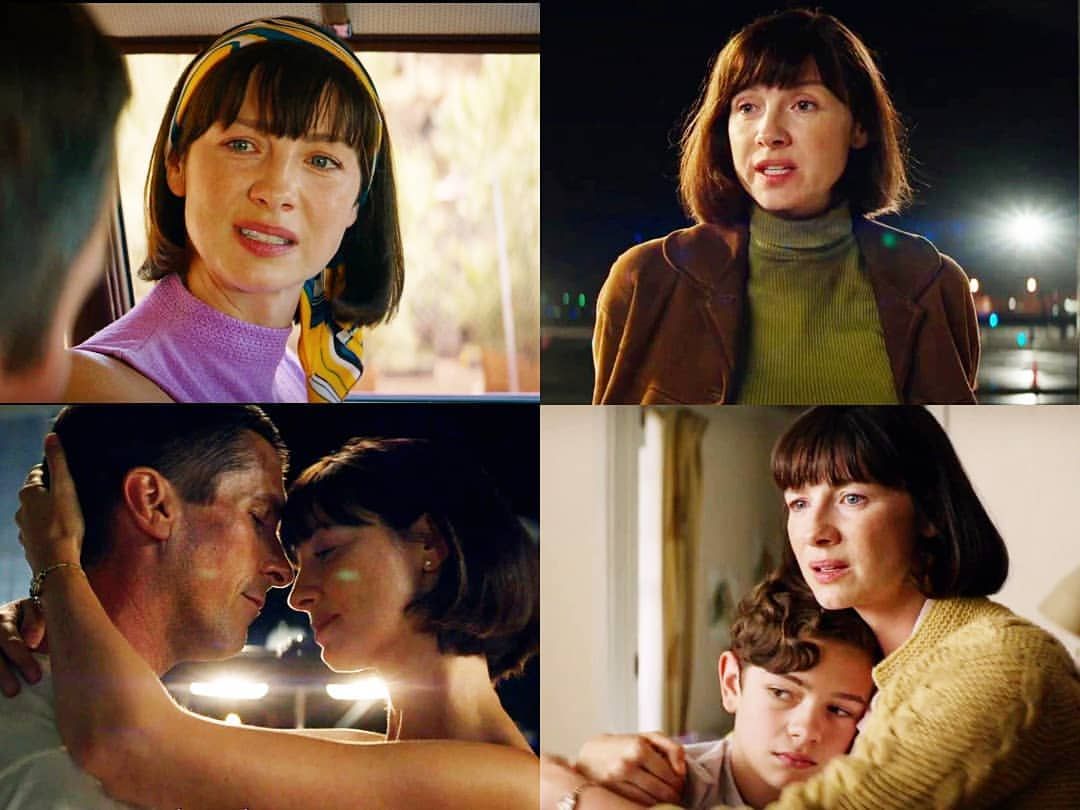By Nicholas Cerbone, Human Resources Management, ’20
Ford v Ferrari is a modern take on an old school racing genre that mostly shows men and muscle cars throughout its lengthy duration. While certain aspects of the movie, such as the lack of women or other ethnicities are odd for an increasingly progressive film industry, they are historically accurate. Fortunately, the film compensates for the lacking representation through Mollie Miles, the wife of the main protagonist: Ken Miles. She is a very complex character who battles with Ken’s desires for racing as well as providing for their family. While a movie made in earlier decades may have had this character as a nuisance to Ken’s aspirations or simply a non-important person, Ford v Ferrari plays off of her and Ken’s relational dynamic to enhance the story and explain his most meaningful decisions. For instance, when he decides to quit racing, she pushes him to keep going as she knows it is too important for him to lose. She wants him to be honest with his feelings and desires, and Ken often avoids this transparency. There is a strong sense of agency and autonomy within her decisions, and she even takes care of their son amidst all the chaos. While the use of female secretaries and other tropes are kept for historical accuracy, the values and representation of the most important characters reflect a more modern take on social standards and equality. Even the presence of a complex woman is drastically different than many other past movies in the genre, and the lack of sexualization or typical stereotypes makes it even more compelling.
This clip from the movie is showing Mollie in her moment of greatest frustration and despair, which is precisely why I chose this scene from the movie. It may seem to be the worst choice for a feminist perspective, as the denotation of the scene is primarily a woman yelling at a man, but I think that this actually makes it all the more interesting. The scene, despite seemingly having a surface level message against women, has a very strong message empowering them if you understand the context.
Through out the movie, Mollie is consistently pushing Ken to pursue racing because she knows it is the only thing that truly makes him come alive. Ken, however, tries to hide this passion and she can sense this. This dynamic is so important to this clip because instead of Mollie being scared of losing Ken or acting in a more stereotypical way of holding him back, she is defying the norms and pushing him into a more dangerous lifestyle. The tension from this clip is only from Ken hiding his emotions and interest from her, and she calls it out.
Overall, this scene shows that the surface level is not enough to truly understand what it happening. The result of this scene is the audience seeing Mollie as an incredibly human and complex character that truly cares for Ken and wants the best for him. This result despite such a dramatic scene really shows the intention of the writers in crafting a character that goes beyond traditional stereotypes. I hope that this reversal or deepening of roles continuous as it provides a perspective on human interactions that is less explored on the big screen.
